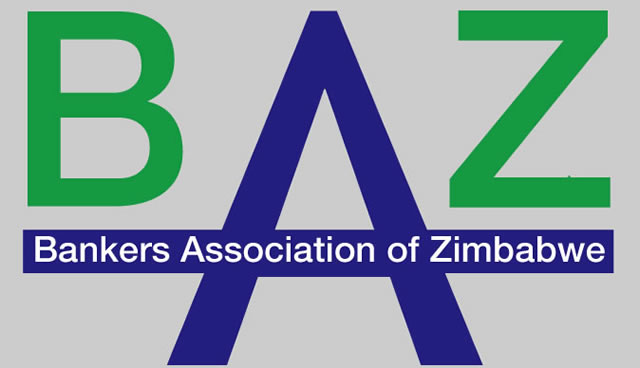Bankers association rallies behind RBZ

Business Reporter
THE Bankers Association of Zimbabwe says it supports measures announced by the Reserve Bank of Zimbabwe on Wednesday last week to deal with the prevailing cash shortages in the country, stimulate exports and grow the economy. Newly elected BAZ president Dr Charity Jinya said the banks’ lobby group welcomes and supports the measures as they will not only address cash shortages, but stimulate and stabilise the economy.Notably, the cash shortages are only confined to four banks, but may soon be a thing of the past after the central bank indicated a total of $15 million has been imported to close the deficit.
Among the major highlights of the new policy measures will be the introduction of bond notes, each of equivalent value to the United States dollar and in denominations of $2, $5, $10 and $20.
No date has been given by RBZ for introduction of the bond notes, which are backed by a $200 million Afreximbank facility.
The bond notes are designed to curtail the outflow of the strong USD, which is now on high demand as a reserve currency in the wake of most emerging markets’ currencies taking a down slide.
According to the central bank, $1,8 billion was spirited out in the form of export sales proceeds, inflated management fees and payments for professional and technical fees in 2015 alone.
This has created concentration risk on the greenback, widely used, in Zimbabwe with most people and businesses preferring use the dollar to other authorised currencies in the multi-currency system.
“The Bankers Association of Zimbabwe therefore endorses these measures (by central bank) and would like to assure the banking public that they have been introduced by the Reserve Bank of Zimbabwe, not only to deal with the current cash shortages in the economy, but also to stabilize and stimulate the economy through the promotion of exports,” said the BAZ president.
BAZ said it is understood that bond notes are not being issued to replace or undermine the multicurrency system, but are being issued as an incentive to promote exports. Business will still be conducted on the basis of the basket of multi-currencies.
The policy measures are in the main meant to resolve the current cash shortages and ensure the efficient allocation and use of foreign exchange resources, taking into account priority areas.
These measures will also stem the unauthorized externalization of the limited foreign currency in the country, which has contributed significantly to the current cash shortages.
Dr Jinya said the measures will strengthen the multi-currency system by increasing the availability, and the widening use of alternative currencies that are part of the multicurrency basket through more active use of the rand and euro in transacting.
The introduction of the bond notes will give the RBZ latitude to give exporters an incentive. It is anticipated that these export incentives, which will be paid to exporters in bond notes, will enhance the competitiveness of exporting companies.
Further, the initiative will incentivise the local production of goods and services in order to reduce the need to import those goods and services that can otherwise be locally produced.
In order to alleviate problems of cash the new measures will also promote the widespread use of electronic platforms for settling domestic transactions across all forms and sizes of businesses; that is use of Point of Sale Machines to conduct all transactions.
This is expected to promote a savings culture by encouraging the payment of positive rates of interest on savings and fixed deposits made with banks for periods that extend beyond six months.
Other major highlights of the new measures include conversion of 40 percent of all USD export receipts to rand and Euro, but Diasporans and Non Governmental Organisations are exempt.
There will be rationing of foreign currency towards competing demands by instituting a foreign exchange priority list and RBZ is encouraging payments of imports in currency of origin of the goods. Daily withdrawal limits have been set at $1 000, 1 000 euro and R20 000 per day with similar amounts allowed to be taken out of Zimbabwe. Goods must be priced in all transaction currencies.
Retailers, wholesalers, universities, colleges, service stations, informal sector among others should have POS with immediate effect.










Comments